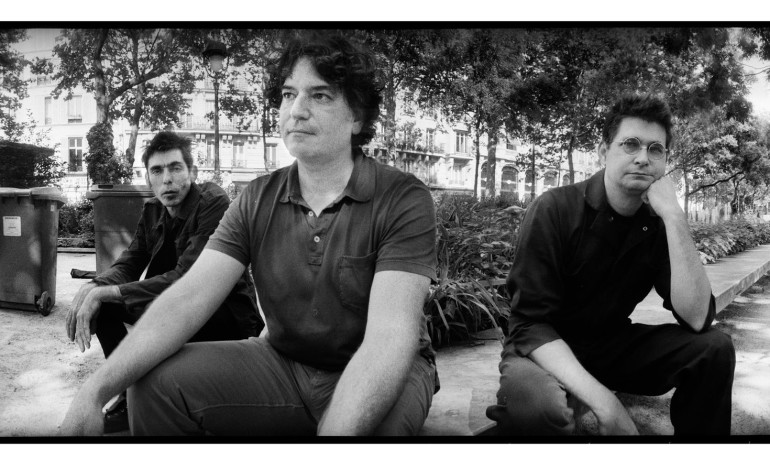
The American producer and frontman for Shellac, Steve Albini, has died from a heart attack aged 61 according to Pitchfork. Representatives from his recording studio, Electrical Audio in Chicago which he had run for just under 30 years, confirmed to the magazine that he passed away on Tuesday the 7th of May after suffering a heart attack. To many, Albini was seen as one of the most inspiring engineers of the industrial alt-rock and punk sound born out of the late 70s and into the 90s.
Throughout much of his career, Albini was hell-bent on being described as an engineer not a producer. Talking to Headliner Magazine last year, he described the uncomfortable feeling of being tethered to this label; ‘A producer has responsibility for all the artistic decisions on a record…I don’t do that,”. He stated that was happy to leave those choices to whichever band he was working with, preferring not to be pigeonholed in this way. He told the magazine ‘It’s not that I prefer not to be called a producer, it’s that it’s incorrect and misleading’. You can read the interview in which he talks producing, the future of music and Kurt Cobain here.
His punishing sound defined the late 20th century and has reverberated through the music industry since then, having recorded thousands of albums including landmark releases such the Pixies Surfa Rosa of 1988 and PJ Harvey’s Rid of Me of 1993 as well as most notably Nirvana’s third and final studio album In Utero, which turned 30 in September of last year. Kurt Cobain, feeling the band needed a sound revival after the release of Nirvana’s penultimate album Nevermind, found this salvation in Albini.
Albini revealed that originally he didn’t find the band all that revolutionary, however agreed to work with them out of pity, believing they were shackled to a label who refused to let them explore a more caustic and corrosive sound. At the time the label, Geffen, were callous towards the album requesting many of the songs be remixed. Though this was very little concern to Albini who had a track record of being unapologetically unsympathetic towards labels and charged a flat fee for working with him; contesting with the notion of perpetually profiting from an artist’s work. Still, the album ended up selling 5 million copies just in the US and after its release and according to Far Out magazine, Albini noted that he even found himself “listening to it of [his] own free will, occasionally”. You can read Albini’s thoughts on the industry here in his perspicacious essay ‘The Problem with Music’.
Primarily, Albini was a musician despite his engineering efforts morphing into a central part of his career. He was the front man for bands such as Big Black, Rapeman and Shellac who he continued touring with up until his death. The band are due to release their first full album since 2014 titled To All Trains on the 17th of May and have recently announced a UK tour which will take place in June. Albini’s plethora of legacy solidifying, palpable, albums and sound will continue to shape the future of music indefinitely and his refreshing but bloodless critiques of the industry, will be missed. You can preorder To All Trains here.
